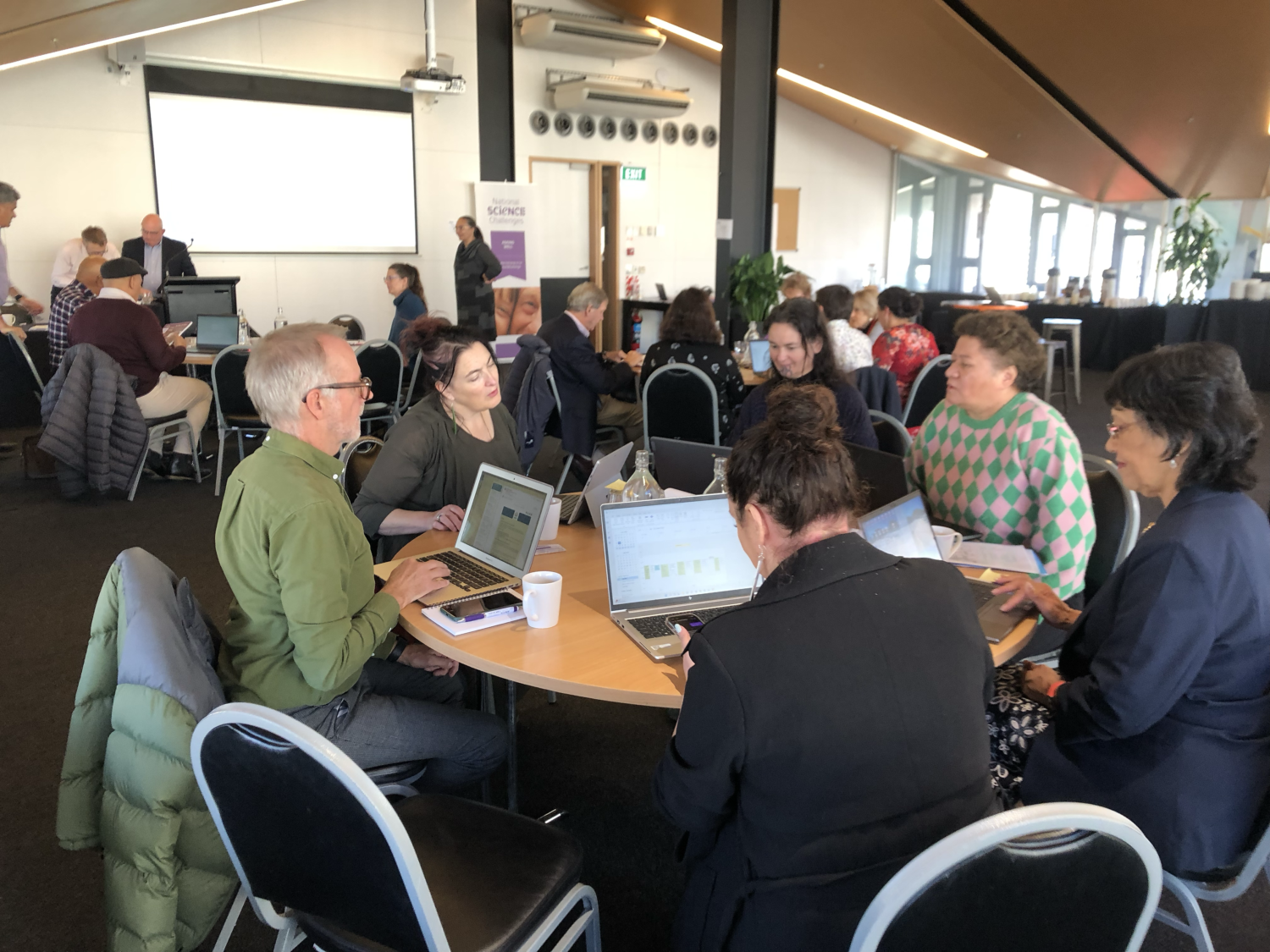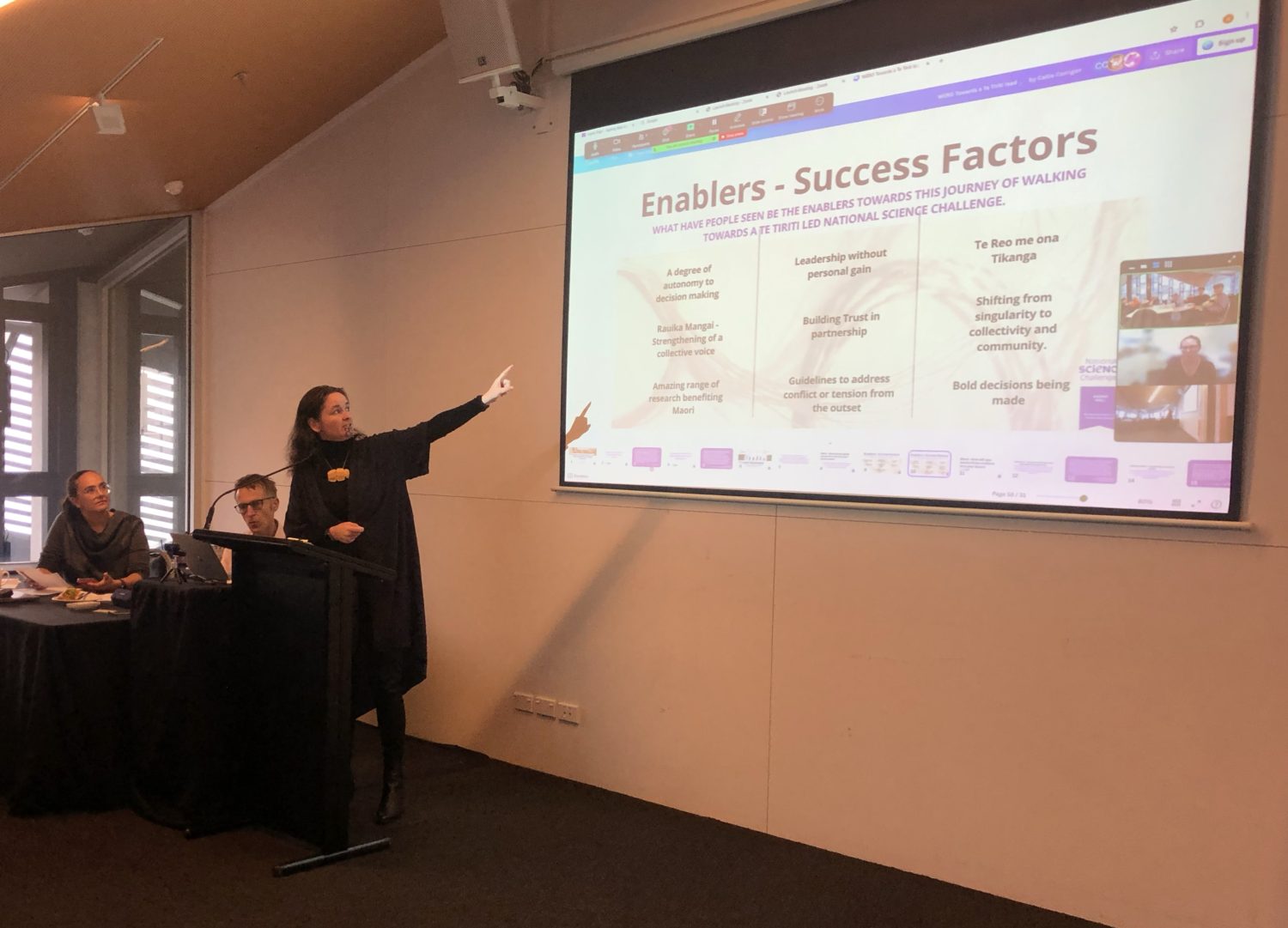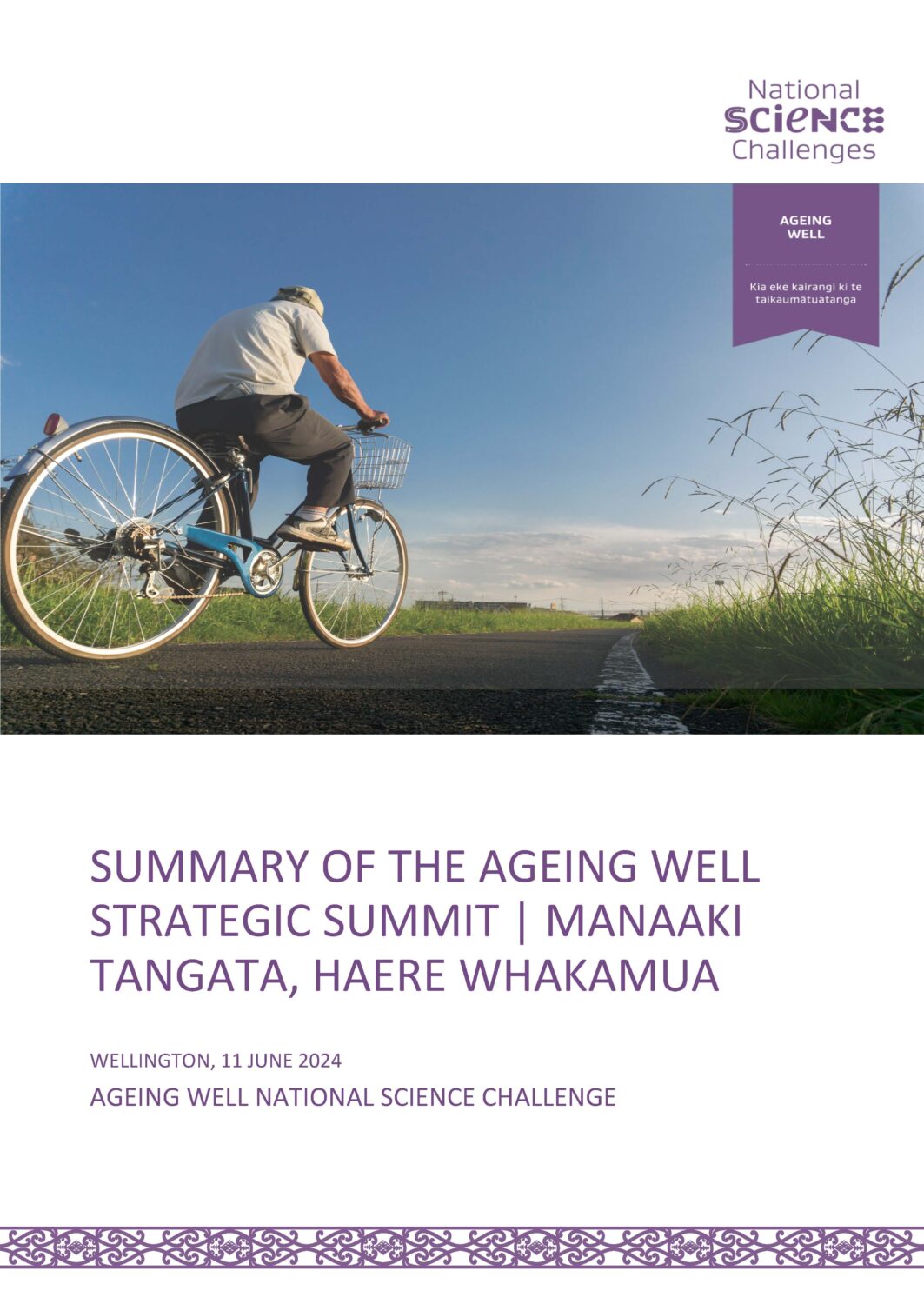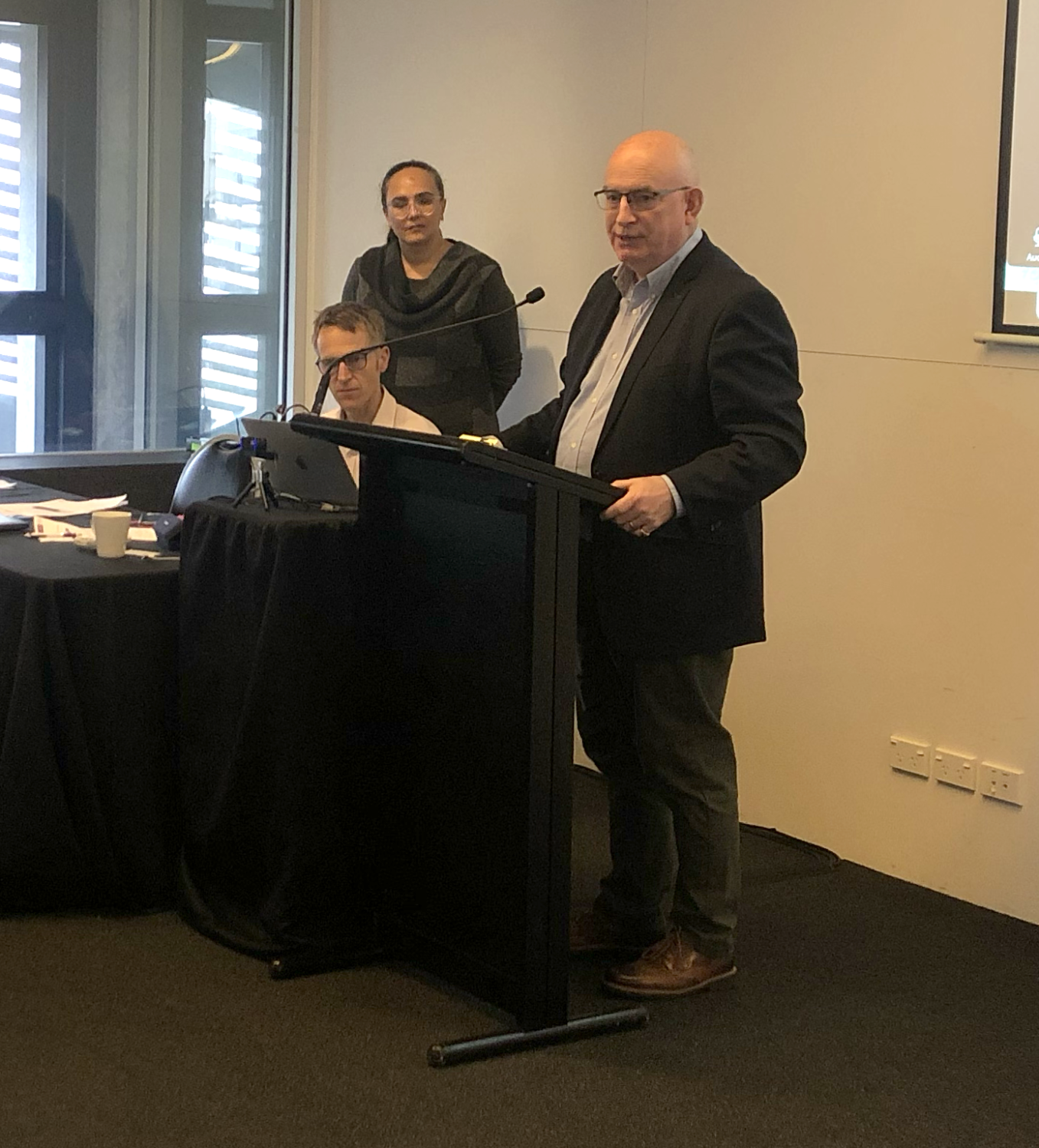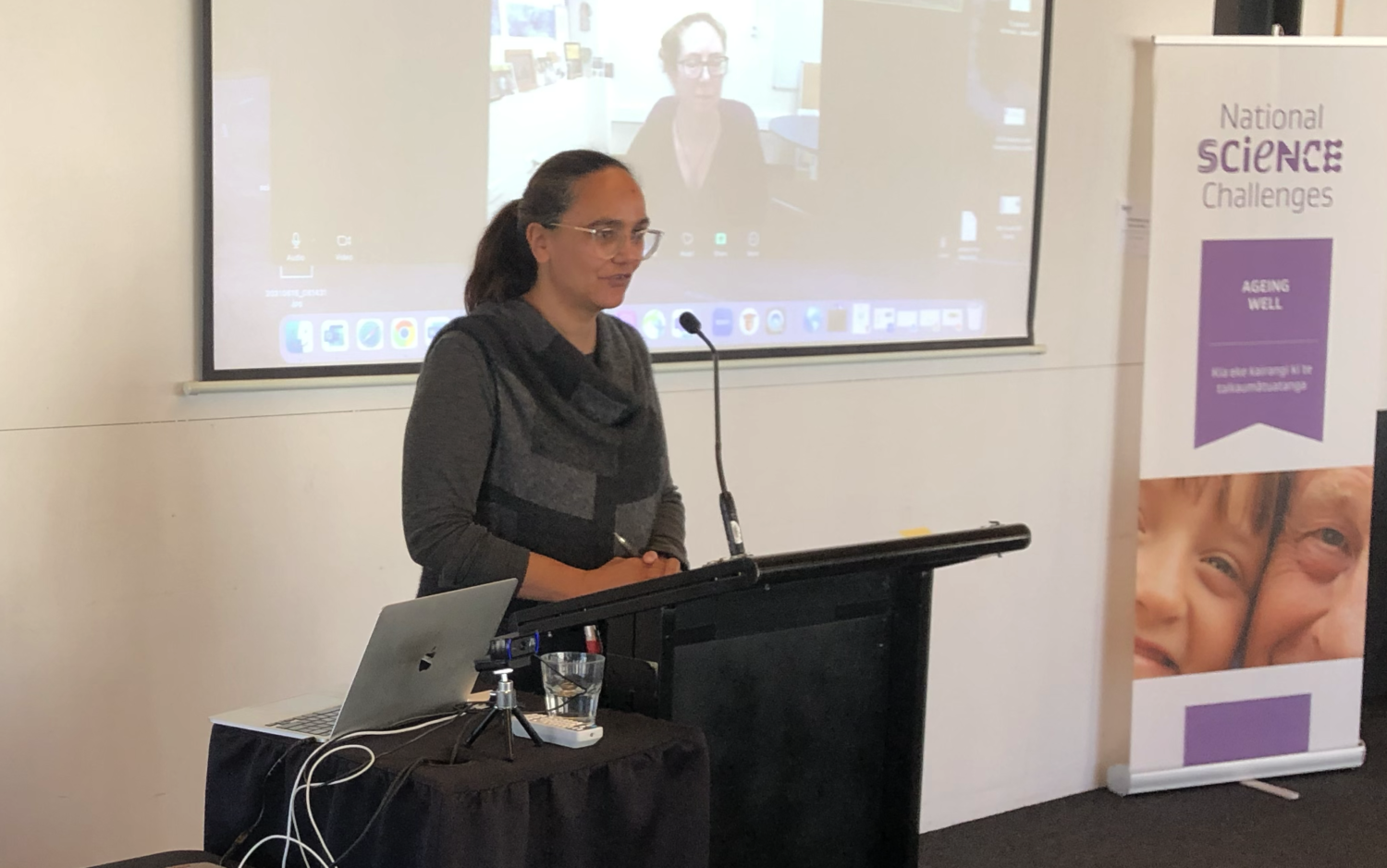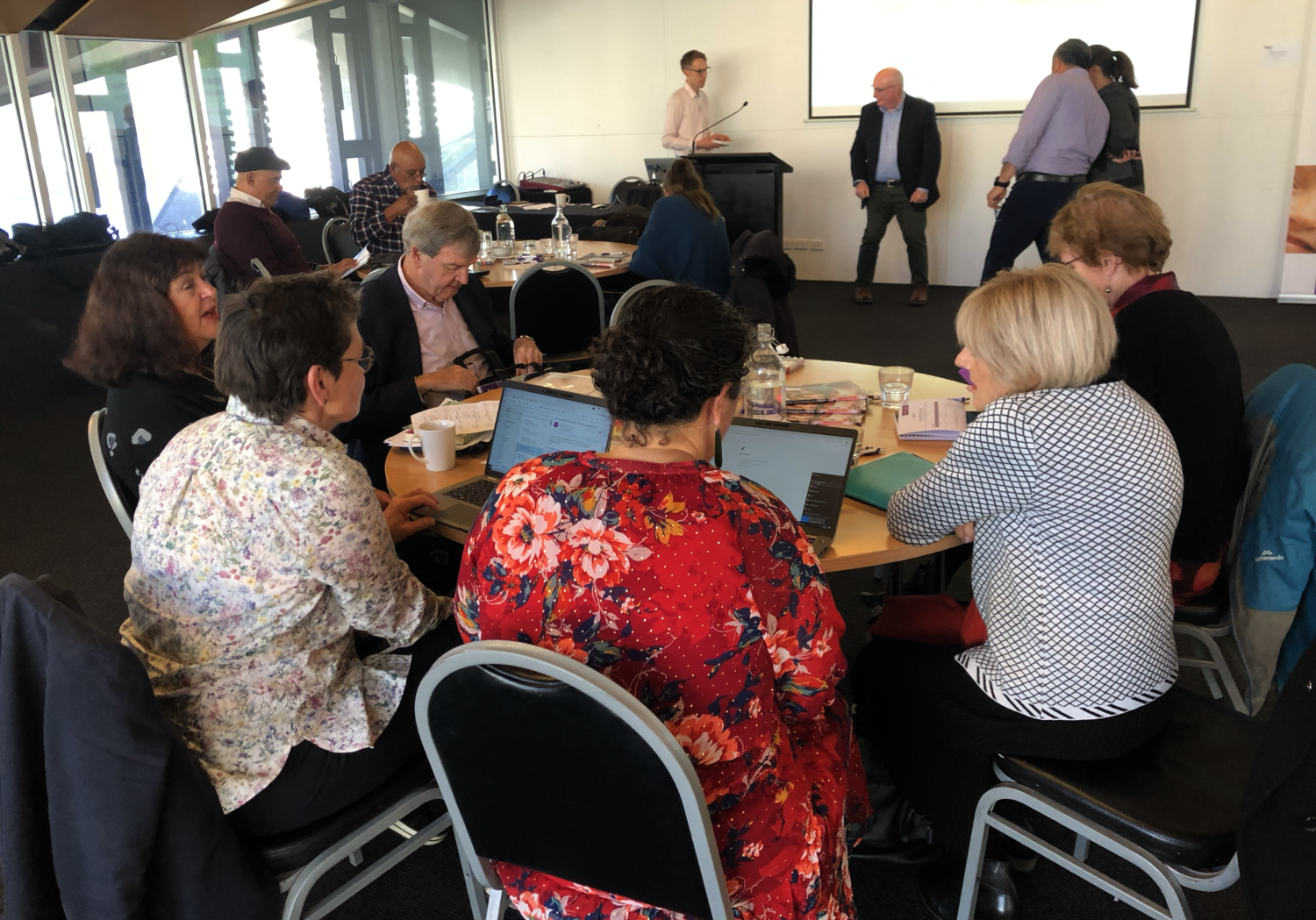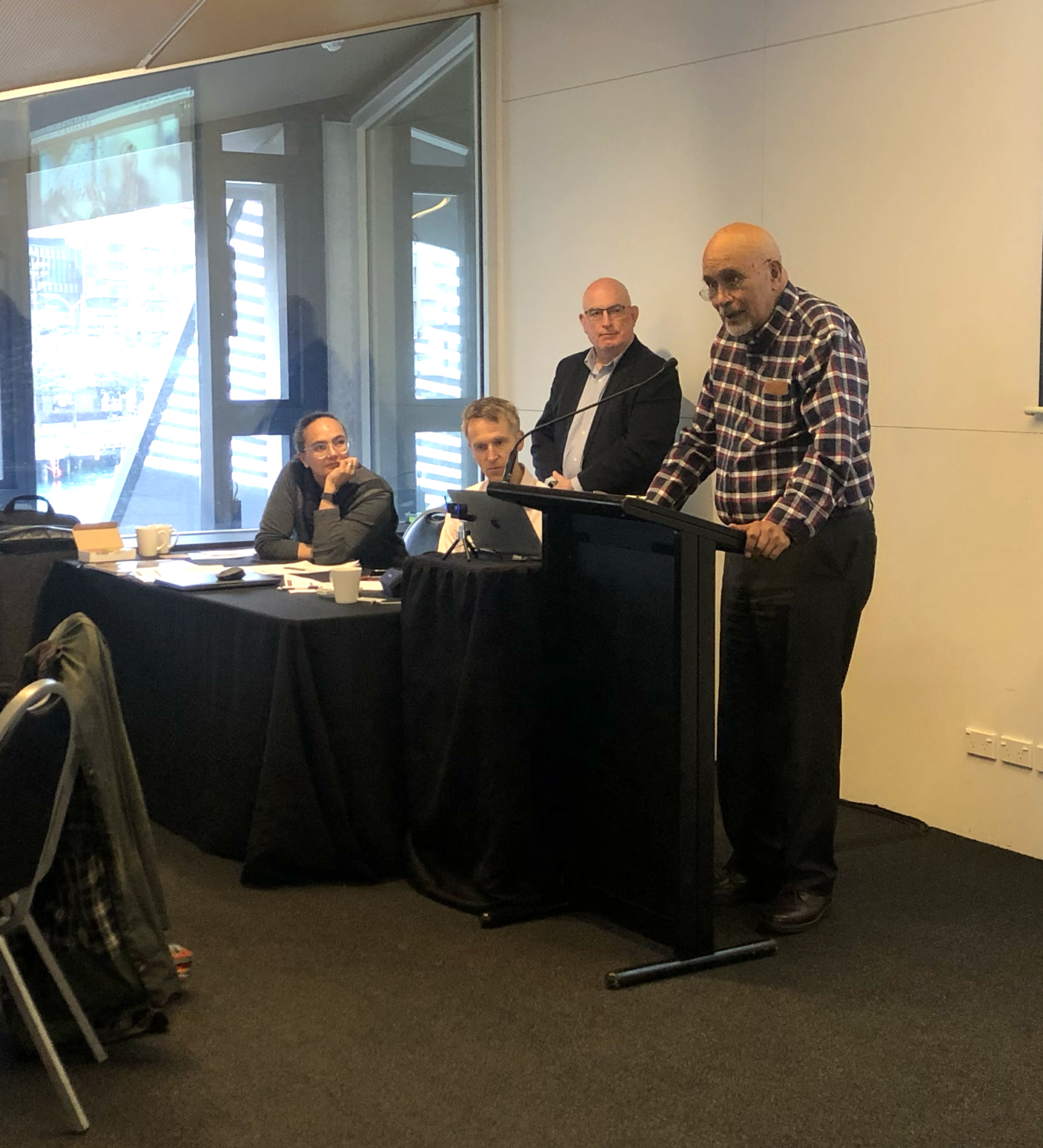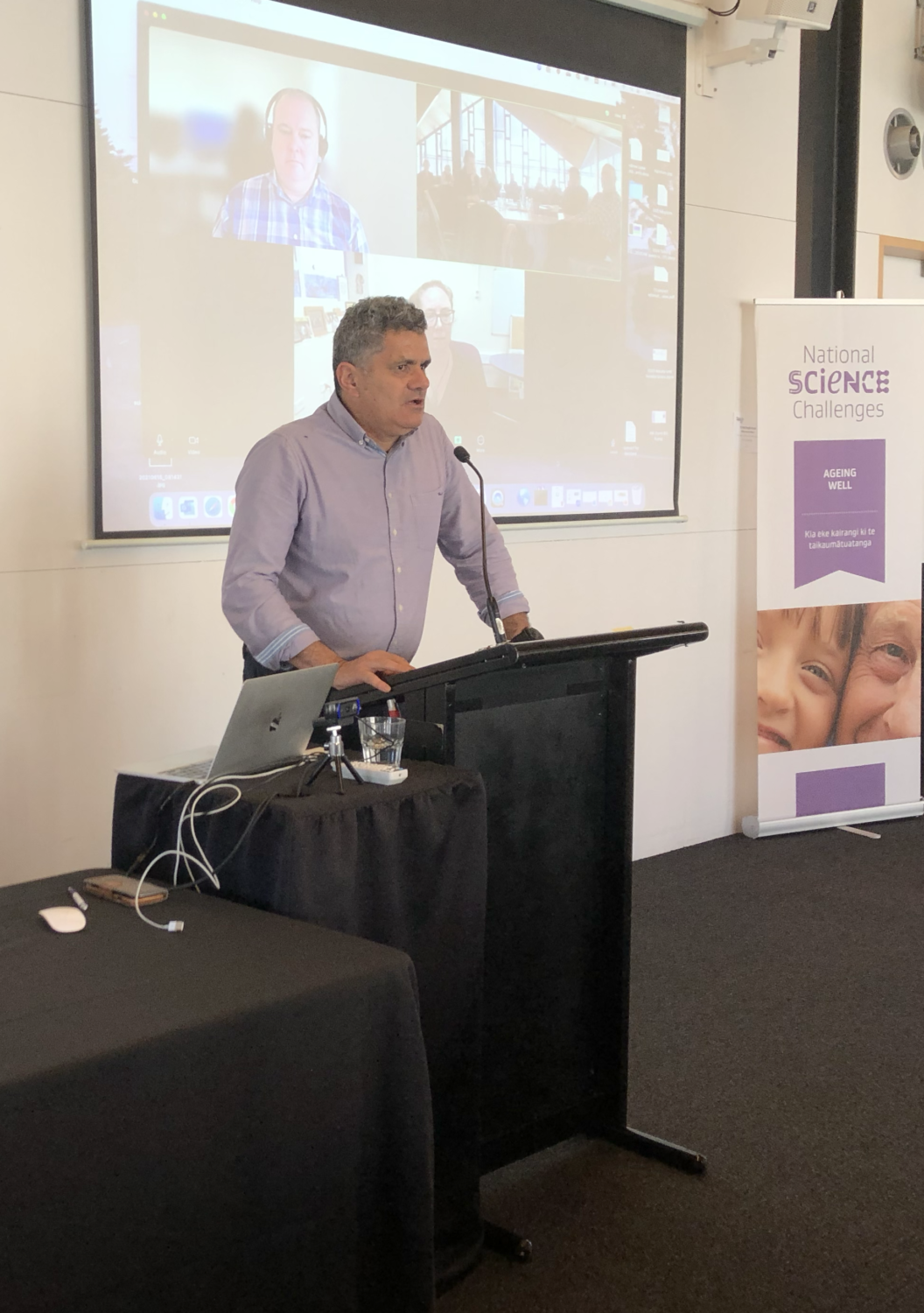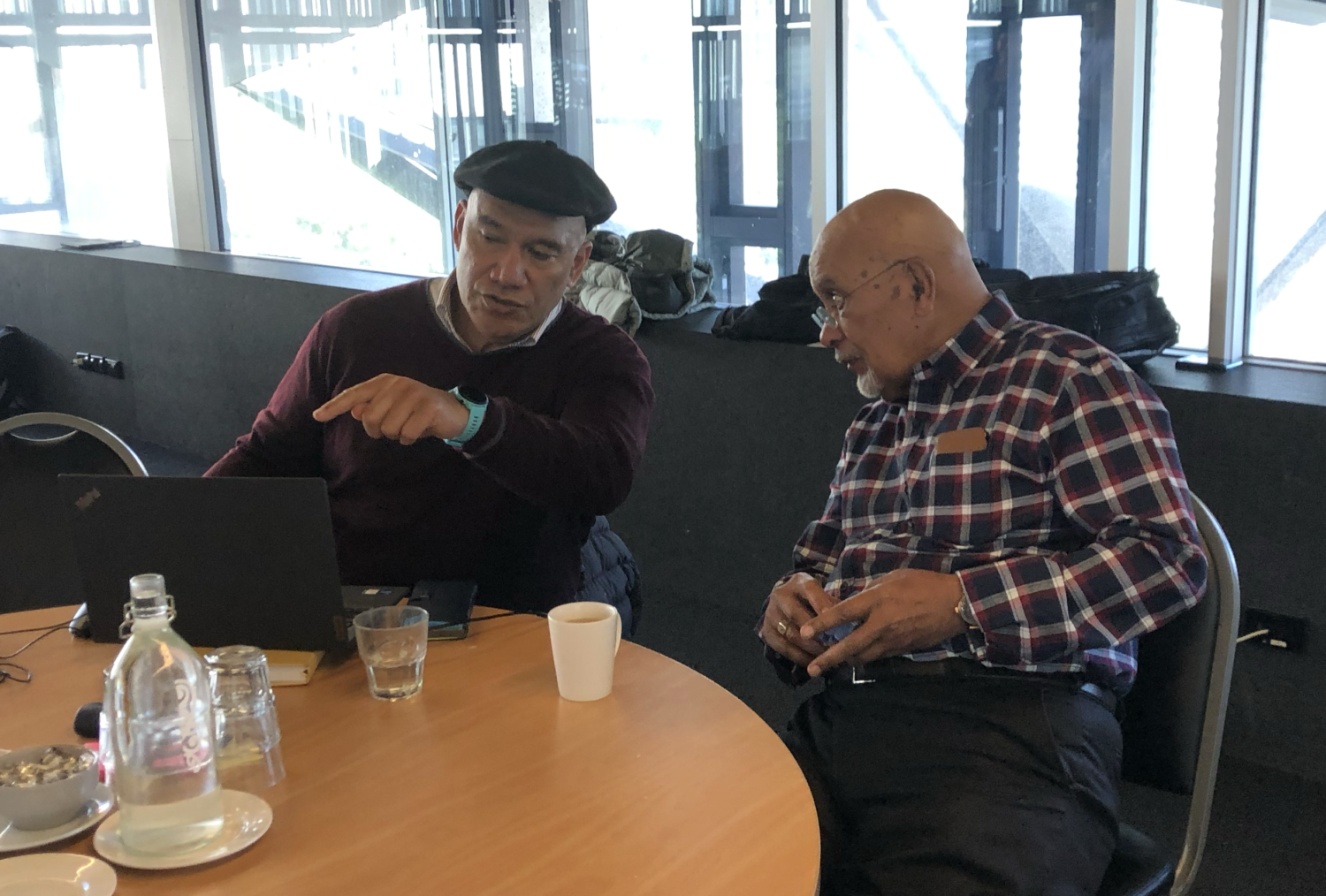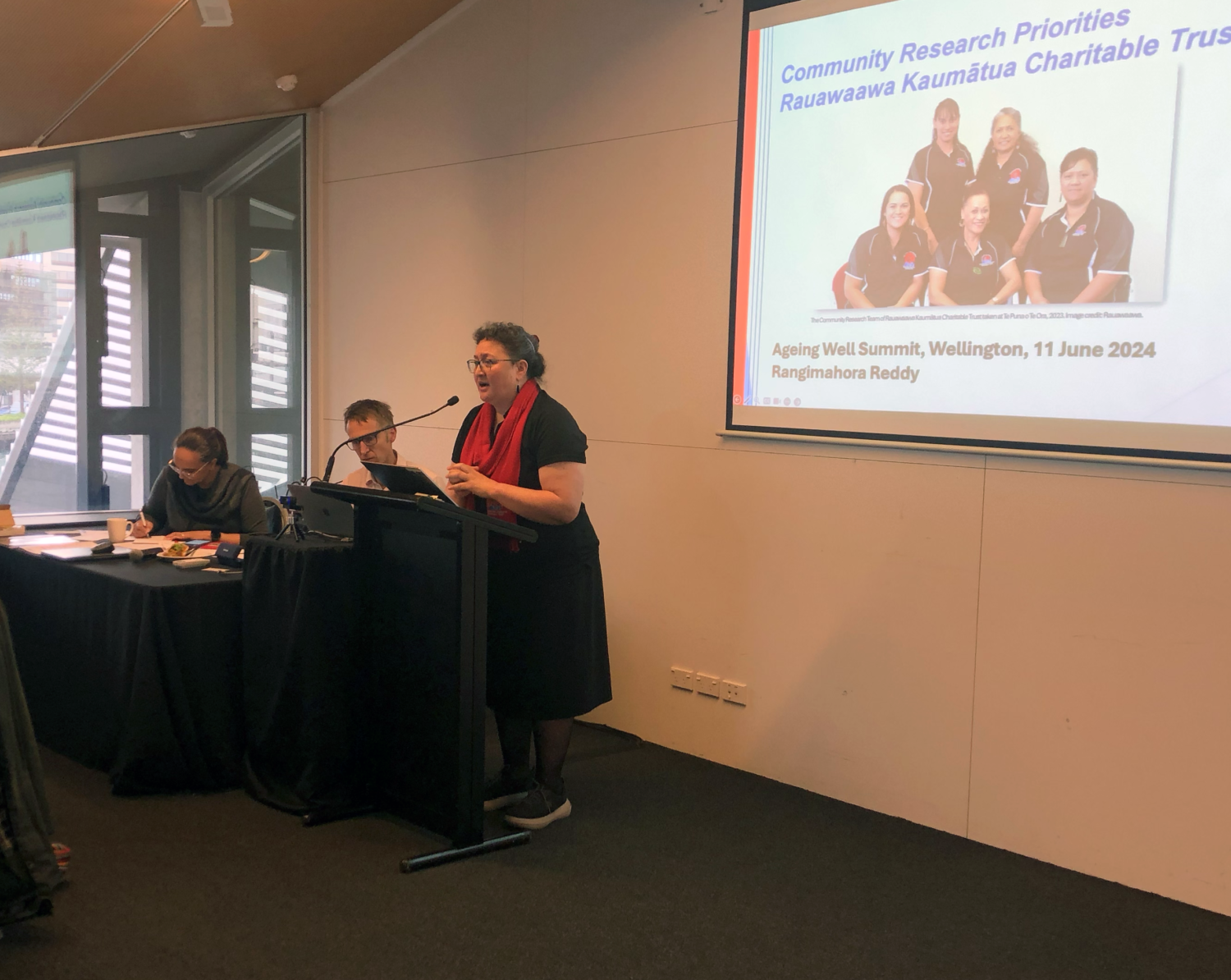Following on from the successes of our Symposium in April, a number of Ageing Well whānau and strategic partners gathered in Wellington in June for a watershed Summit to provide a forum for discussion about the future direction of ageing research in Aotearoa New Zealand.
Ageing Well is pleased to release a summary report from this event that shares vital knowledge and insight about the ageing research sector and the critical need for continued investment in this area.
Ageing Well is pleased to release a summary report that shares vital knowledge and insight about the sector and the critical need for continued investment in this area.
About the vital discussions
Our Strategic Summit | Manaaki Tangata, Haere Whakamua provided an opportunity for attendees to clarify why Ageing Well has been so successful in futhering mission-led, community-based research, and where there are gaps for future investigation.
Those participating at the event issued a clarion call: Aotearoa needs further research into ageing and ageing-related conditions, as well as secure funding to bolster these endeavours. While Ageing Well has successfully delivered a range of positive, impactful outcomes, there remains the need for further research and development in this space.
 We sought to synthesise knowledge about the future direction of ageing-related research in Aotearoa, provided by those who know it best.” -- Professor Baxter.
We sought to synthesise knowledge about the future direction of ageing-related research in Aotearoa, provided by those who know it best.” -- Professor Baxter.
Ageing Well Director, Professor David Baxter, was buoyed by the outcome of the event.
“Our summit offered a unique opportunity to capture the thinking of a wide range of specialists in the ageing-related space. We sought to synthesise knowledge about the future direction of ageing-related research in Aotearoa, provided by those who know it best,” said Professor Baxter.
“Our Ageing Well whānau have developed proven ways of working and engaging with communities to develop and deliver impactful research, and hope that the lessons from the Challenge will inform future entities tasked with ageing research across the motu,” he added.
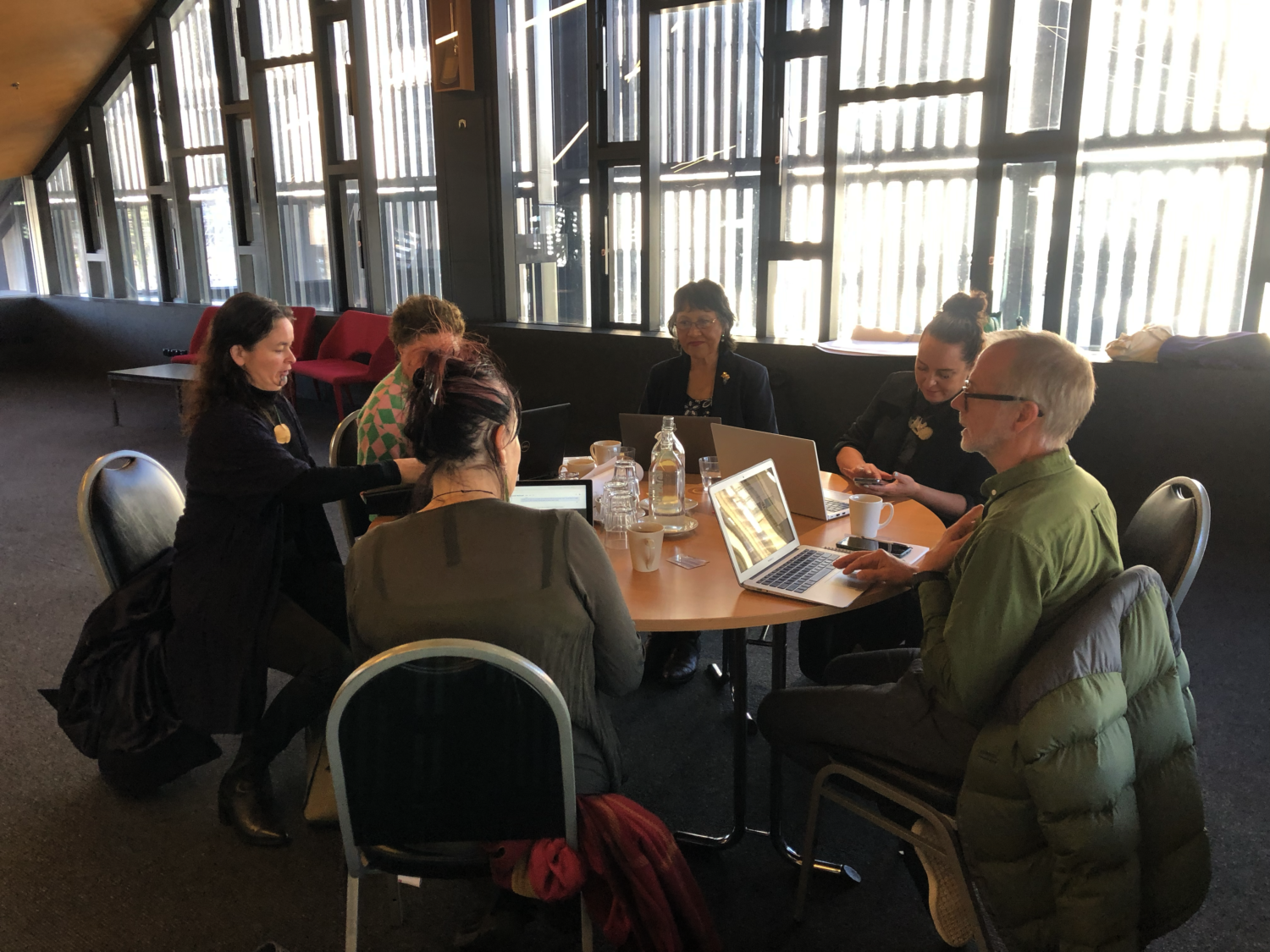
What emerged from the Strategic Summit
As the demographics of Aotearoa change, a greater proportion of the nation will be over 65. A significant proportion of our older people continue to be in paid work and contribute to society in many other ways. While there is increasing recognition of the inequities in outcomes for individuals, to date there has been inadequate recognition of the diversity of the older population.
The overarching research priority is to address a broad range of societal, health, and environmental issues which, taken together, negatively impact the lives of older individuals and their families in Aotearoa New Zealand. It is important to ensure the goals of future research on ageing align with the agenda of the United Nations Decade of Healthy Ageing, as that provides an internationally relevant framework for research relating to the ageing population.
Attendees also highlighted two key components for any future research in this area: the influence of the life-course on the wellbeing of older adults, and the relevance of inter-generational effects.
“Though much has been achieved in the ten years of the Ageing Well National Science Challenge, much remains to be done,” continued Professor Baxter.
“Ageing Well has shown the value of listening to, and working with, older people in shaping and undertaking research. We are proud of our legacy in building collaborative relationships and upskilling research capacity, and we hope this will continue in the decades to come,” he said.
Read the report
A PDF copy of the report is available here or in the reader below.
2024 AW Strategic Summit Summary
